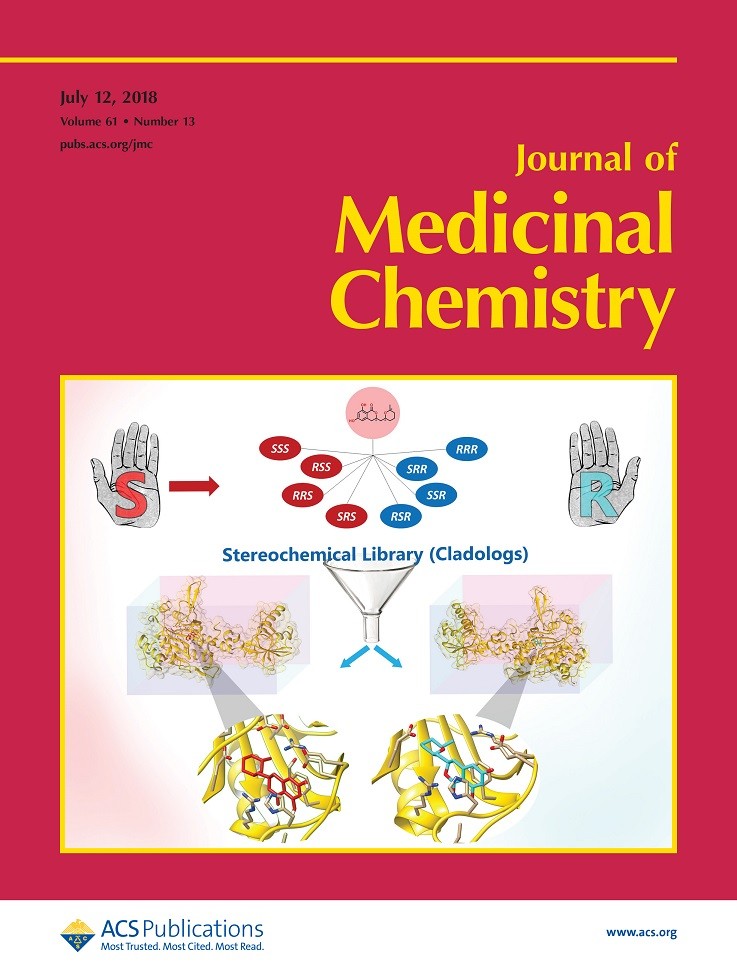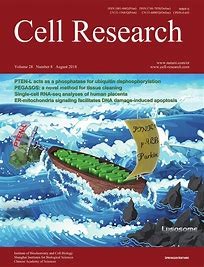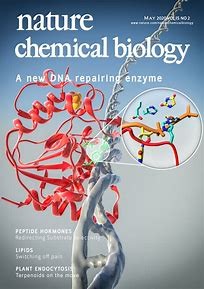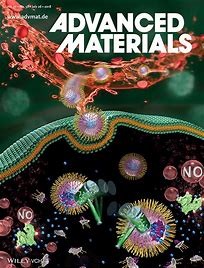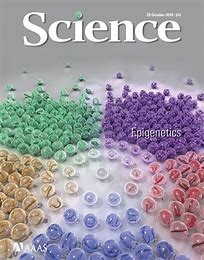Recilisib
This product is for research use only, not for human use. We do not sell to patients.
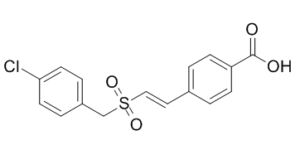
For small sizes, please check our retail website as below: www.invivochem.com
| Size | Price | Stock |
|---|---|---|
| 100mg | $680 | Check With Us |
| 200mg | $1020 | Check With Us |
| 500mg | $1720 | Check With Us |
Cat #: V30865 CAS #: 334969-03-8 Purity ≥ 99%
Description: Recilisib (ON-01210; ON 01210; ON01210; EX-RAD) is a novel and potent radioprotectant undergoing phase I clinical trials by Onconova Therapeutics for the treatment of acute radiation syndrome.
Top Publications Citing Invivochem Products
Publications Citing InvivoChem Products
Product Promise

- Physicochemical and Storage Information
- Protocol
- Related Biological Data
- Stock Solution Preparation
- Quality Control Documentation
| Molecular Weight (MW) | 336.79 |
|---|---|
| Molecular Formula | C16H13ClO4S |
| CAS No. | 334969-03-8 |
| SMILES Code | O=C(O)C1=CC=C(/C=C/S(=O)(CC2=CC=C(Cl)C=C2)=O)C=C1 |
| Synonyms | ON01210; ON-01210; ON 01210; Recilisib Free Base; |
| Protocol | In Vitro | Recilisib Sodium (up to 50 µM) shows a normal distribution of cells throughout the cell cycle, with a slight reduction in the number of cells in S-phase at 50 µM. Continuous exposure of Recilisib Sodium (100 µM) does not result in cell death. Recilisib Sodium does not inhibit the ability of human bone marrow to form colonies in methylcellulose at either timepoint. Recilisib Sodium treatment does not inhibit the colony forming potential of human bone marrow cells. Recilisib Sodium provides dose dependent protection of human bone marrow cells at all three doses of IR. Recilisib Sodium activates the phosphorylation of AKT and GSK3α/β in HFL cells. Recilisib Sodium increases PI3K activity in HFL-1 cells and murine bone marrow cells in response to radiation exposure. Recilisib Sodium treatment in combination with radiation alters the MAPK signaling pathway. |
|---|---|---|
| In Vivo | Recilisib Sodium (500 mg/kg) significantly increases the rate of recovery and differentiation of primitive bone marrow myeloid progenitor cells in mice. Recilisib Sodium in combination with radiation reduces CFU numbers in mice, but the Recilisib Sodium-treated mice consistently retain a capability to form differentiated colonies. Recilisib Sodium treated mice have a progenitor cell population that is never completely depleted by radiation exposure. |
These protocols are for reference only. InvivoChem does not
independently validate these methods.
| Solvent volume to be added | Mass (the weight of a compound) | |||
|---|---|---|---|---|
| Mother liquor concentration | 1mg | 5mg | 10mg | 20mg |
| 1mM | 2.9692 mL | 14.8460 mL | 29.6921 mL | 59.3842 mL |
| 5mM | 0.5938 mL | 2.9692 mL | 5.9384 mL | 11.8768 mL |
| 10mM | 0.2969 mL | 1.4846 mL | 2.9692 mL | 5.9384 mL |
| 20mM | 0.1485 mL | 0.7423 mL | 1.4846 mL | 2.9692 mL |
The molarity calculator equation
Mass(g) = Concentration(mol/L) × Volume(L) × Molecular Weight(g/mol)
Mass
=
Concentration
×
Volume
×
Molecular Weight*
The dilution calculator equation
Concentration(start)
×
Volume(start)
=
Concentration(final)
×
Volume(final)
This equation is commonly abbreviated as: C1 V1 = C2 V2
Concentration(start)
C1
×
Volume(start)
V1
=
Concentration(final)
C2
×
Volume(final)
V2
Step One: Enter information below
Dosage mg/kg
Average weight of animals g
Dosing volume per animal µL
Number of animals
Step Two: Enter the in vivo formulation
%DMSO
+
%
+
%Tween 80
+
%ddH2O
Calculation Results:
Working concentration:
mg/ml;
Method for preparing DMSO master liquid:
mg
drug pre-dissolved in
µL
DMSO(Master liquid concentration
mg/mL)
,Please contact us first if the concentration exceeds the DMSO solubility of the batch of drug.
Method for preparing in vivo formulation:
Take
µL
DMSO master liquid, next add
µL
PEG300, mix and clarify, next add
µL
Tween 80,mix and clarify, next add
µL
ddH2O,mix and clarify.
Note:
- (1) Please be sure that the solution is clear before the addition of next solvent. Dissolution methods like vortex, ultrasound or warming and heat may be used to aid dissolving.
- (2) Be sure to add the solvent(s) in order.

